How To Write A Novel In Four Easy Steps
I’m often approached by people who tell me of their struggles in trying to write a novel. Since I’ve managed to write several novels with some degree of success, I get asked for advice. But rather than going into a lot of detail about plotting or character development, I thought I’d simplify the process of how to write in novel in four easy steps:
- Sit down at your desk or on your couch or at a table in a cafe
- Turn on your computer or pick up a pen and a pad of paper
- Write
- Repeat
Now I’m not saying this will help you to write a good novel. And “good” is a subjective term anyway, so let’s leave the classifications to literary scholars and Pulitzer Prize juries, because they’re the only ones who know what’s worth reading. Yes, that’s sarcasm. It’s one of the mediums I work in.
And just for the record, chances are your first novel isn’t going to be “good.” It might not be “bad,” but it’s probably not something that you should publish. I wrote three novels before I wrote Breathers and while they weren’t bad, they’re not something I would ever want to upload on to Amazon or Smashwords or Barnes & Noble. I realized they were flawed not long after I wrote them because with each successive novel, I discovered I was becoming a better writer.
The only way you can improve as a writer is by writing. Which means that before you can write your second novel, you have to finish the first one.
So the most important thing to remember about writing your novel is that you can’t write it if you don’t write it. Yes, I realize that sounds like circular logic. But if you’re constantly trying to figure out your outline or developing your character sketches or coming up with excuses about why you haven’t sat down to write it, then the novel is going to remain this thing you tell your friends you’ve been working on for the past three years and you’d be able to finish if only you had the time to write.
Screw time. You can always make time. It’s just another excuse you’re giving yourself not to write your novel. So screw excuses.
And while we’re at it, screw perfect. Stop worrying about finding the perfect word or the perfect phrase or re-writing the first paragraph or the first page or the first chapter over and over until it’s perfect. You can always fix it later. But I’ll let you in on a little secret: It’s never going to be perfect. Even after you’ve found an agent and worked with a team of professional editors at a New York publishing house and had your book published, you can always find something you could have fixed. Something you could have done better.
So stop trying to be perfect. Stop making excuses. Stop worrying about whether or not something is working and just WRITE.
Then start all over again at the beginning.

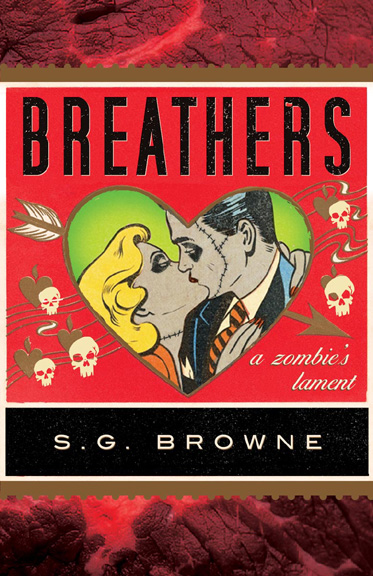
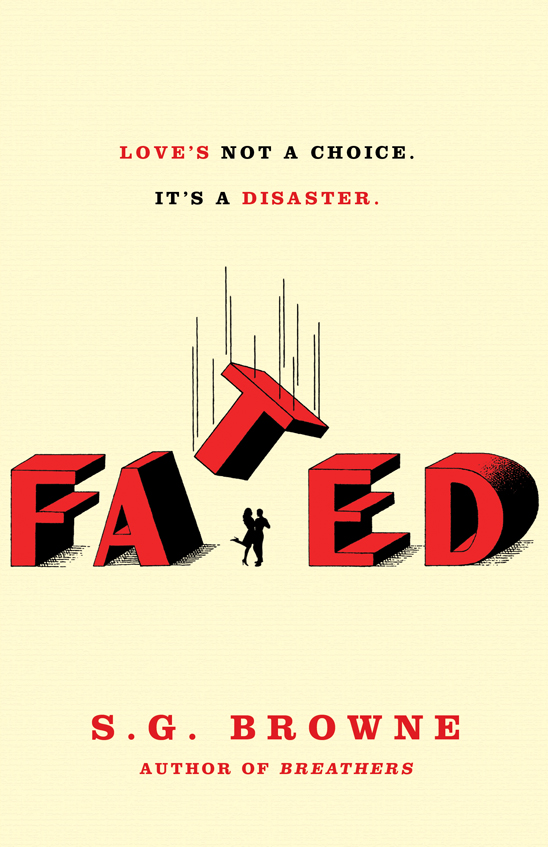
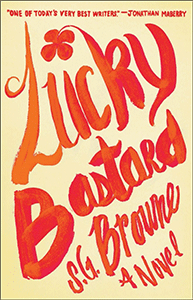
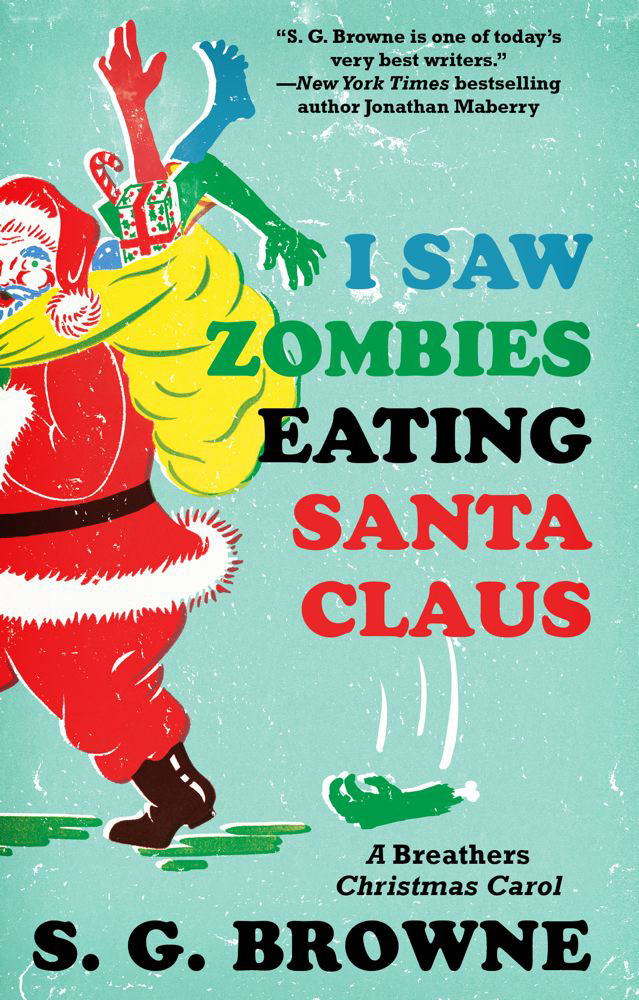
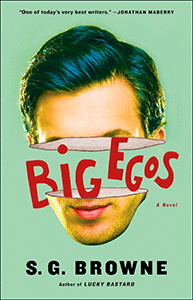
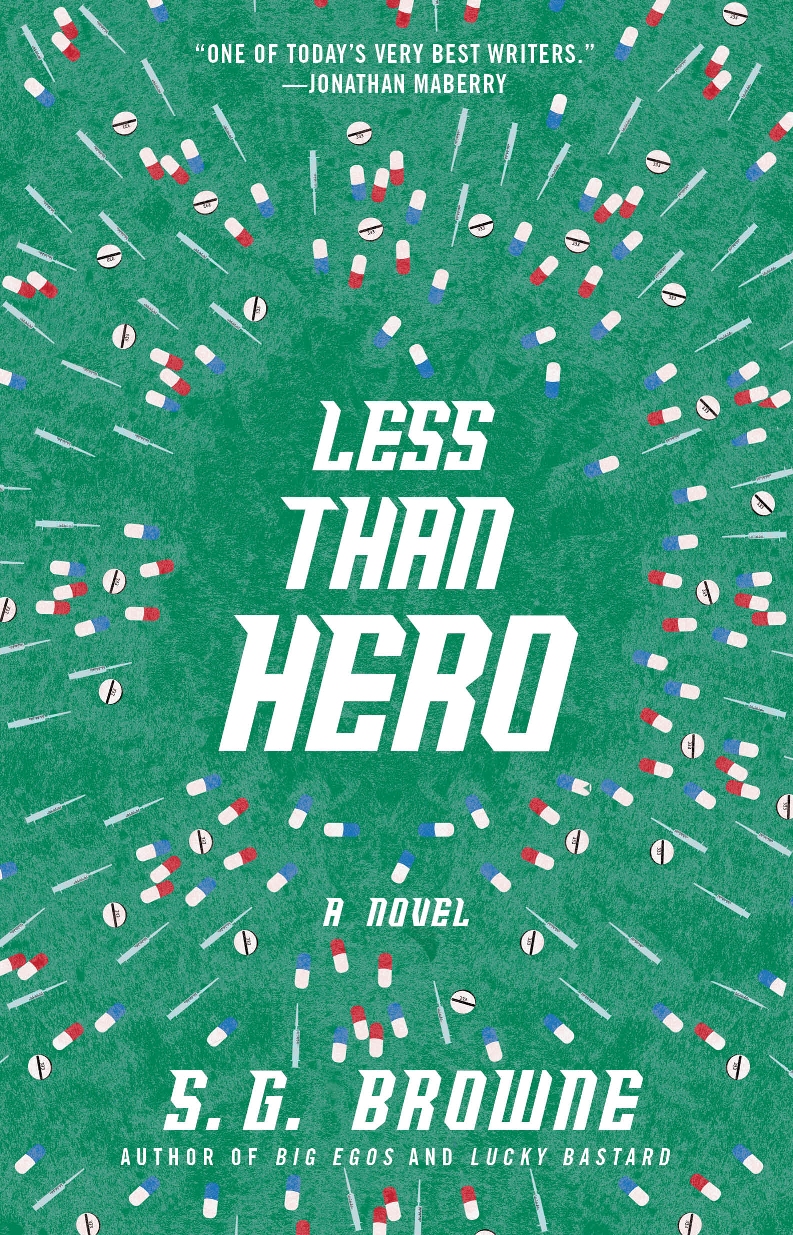
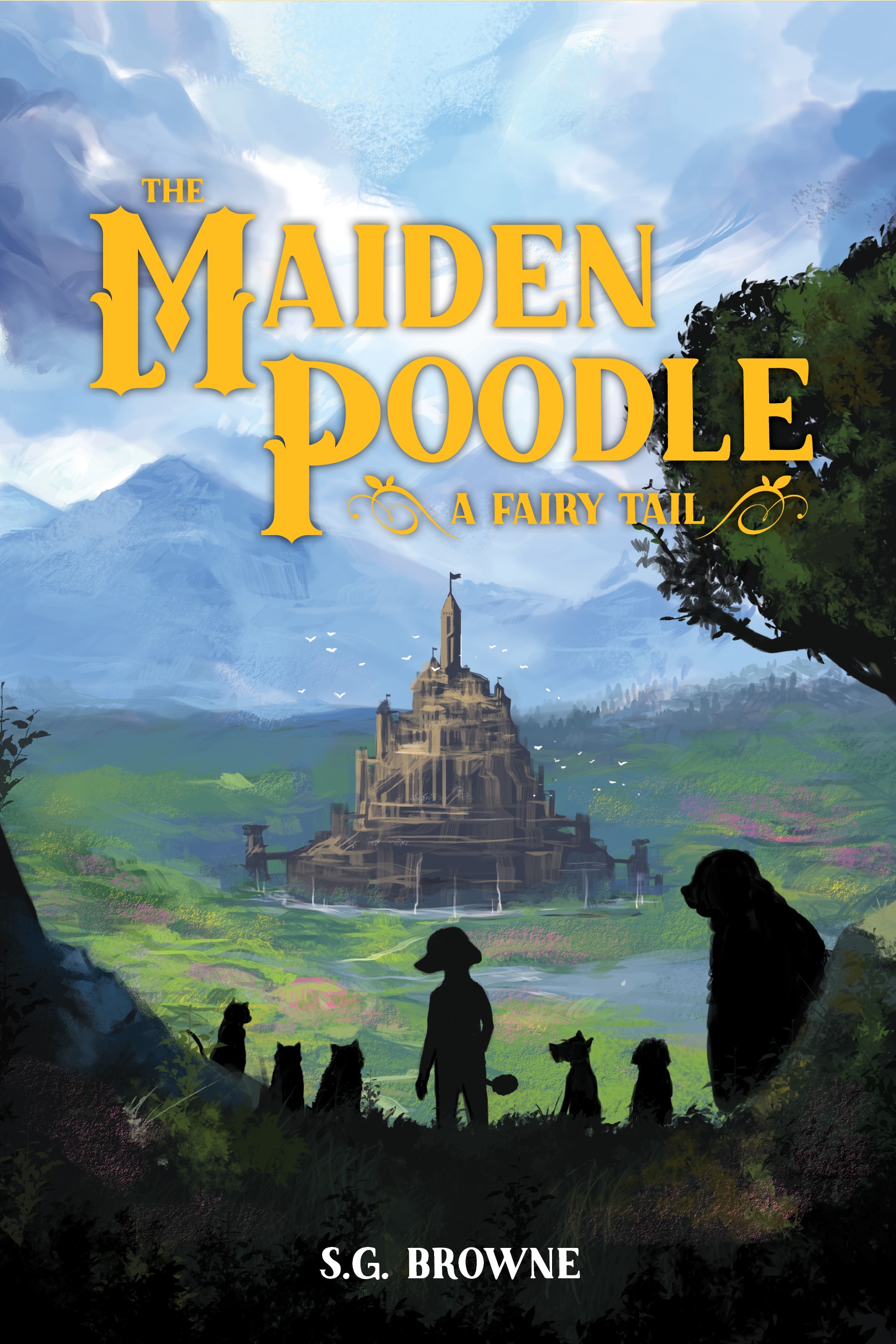

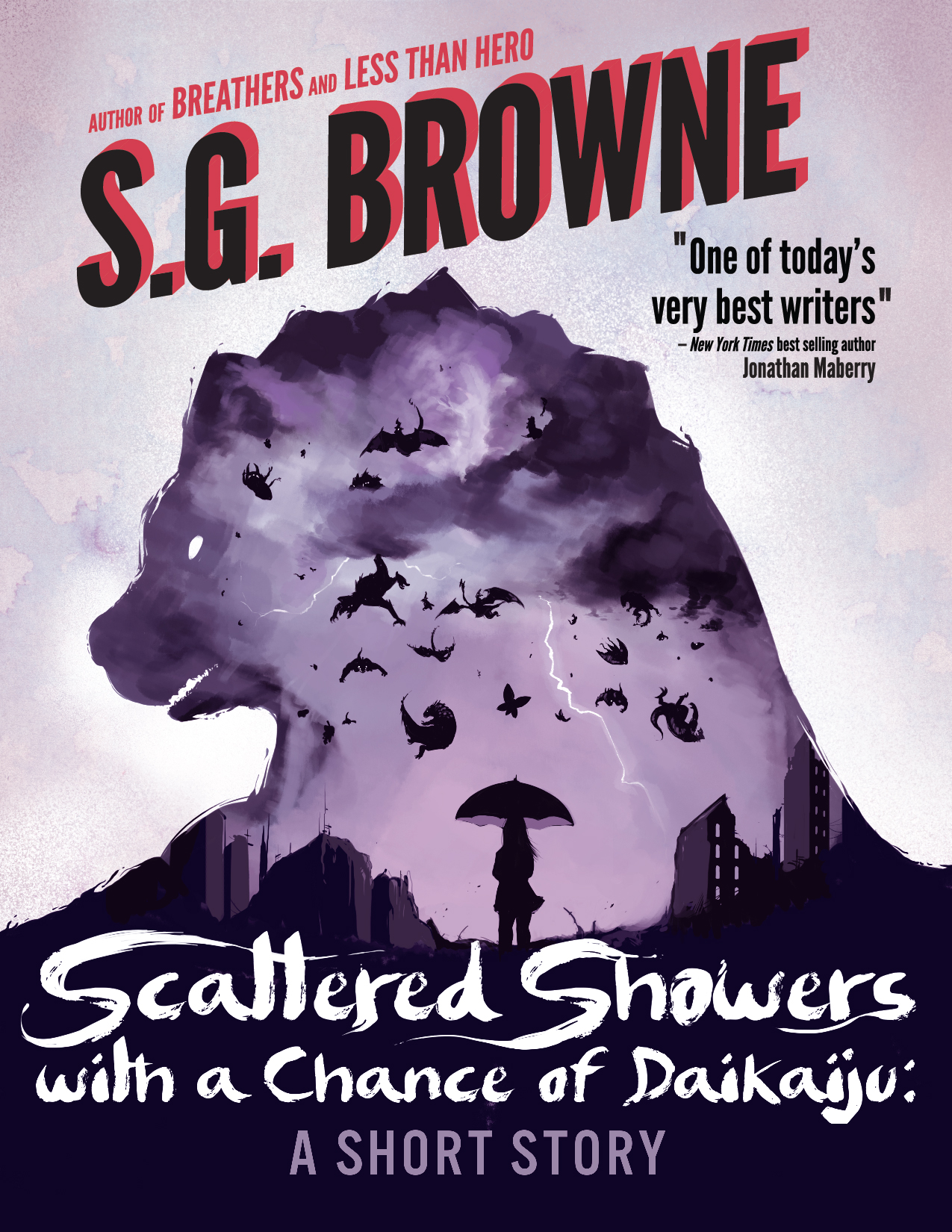
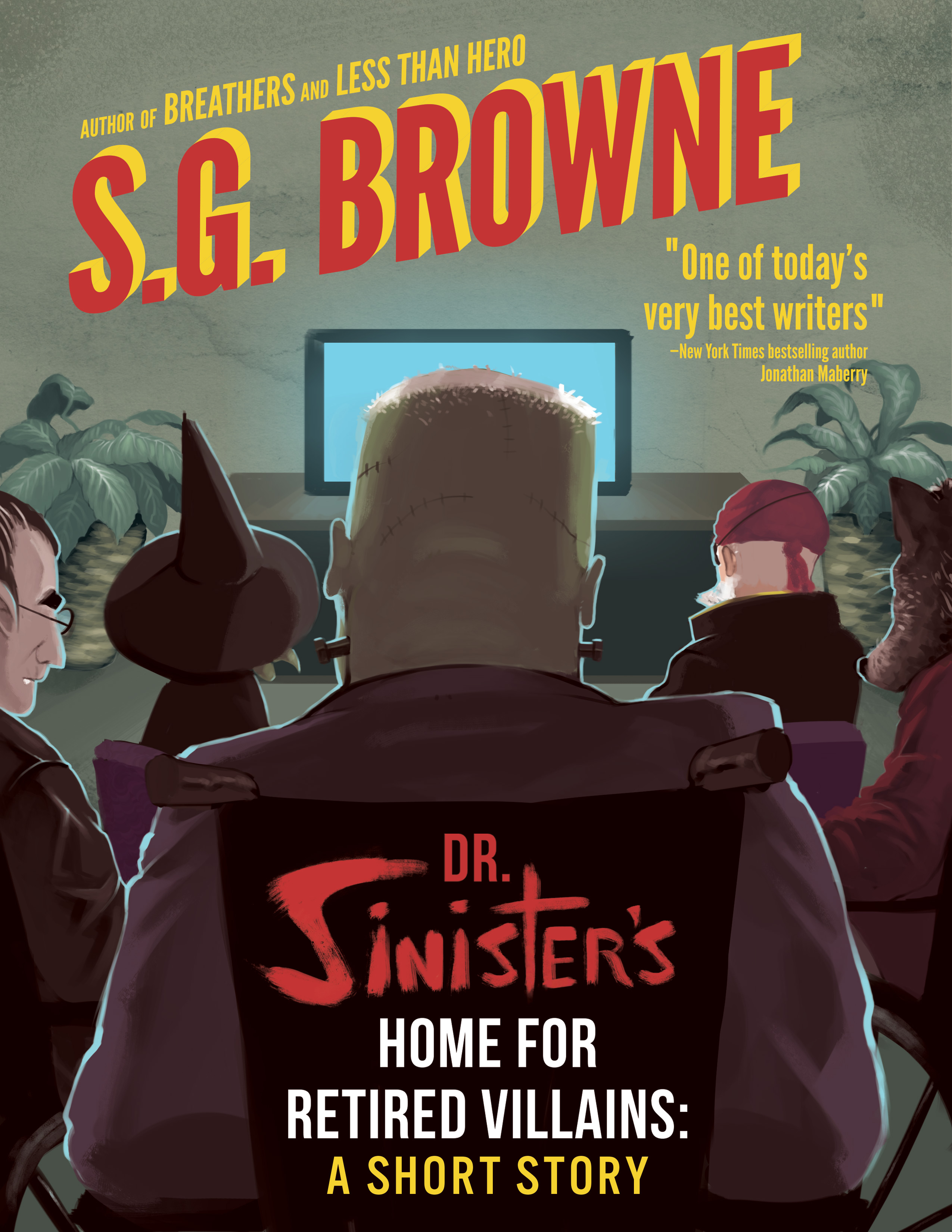
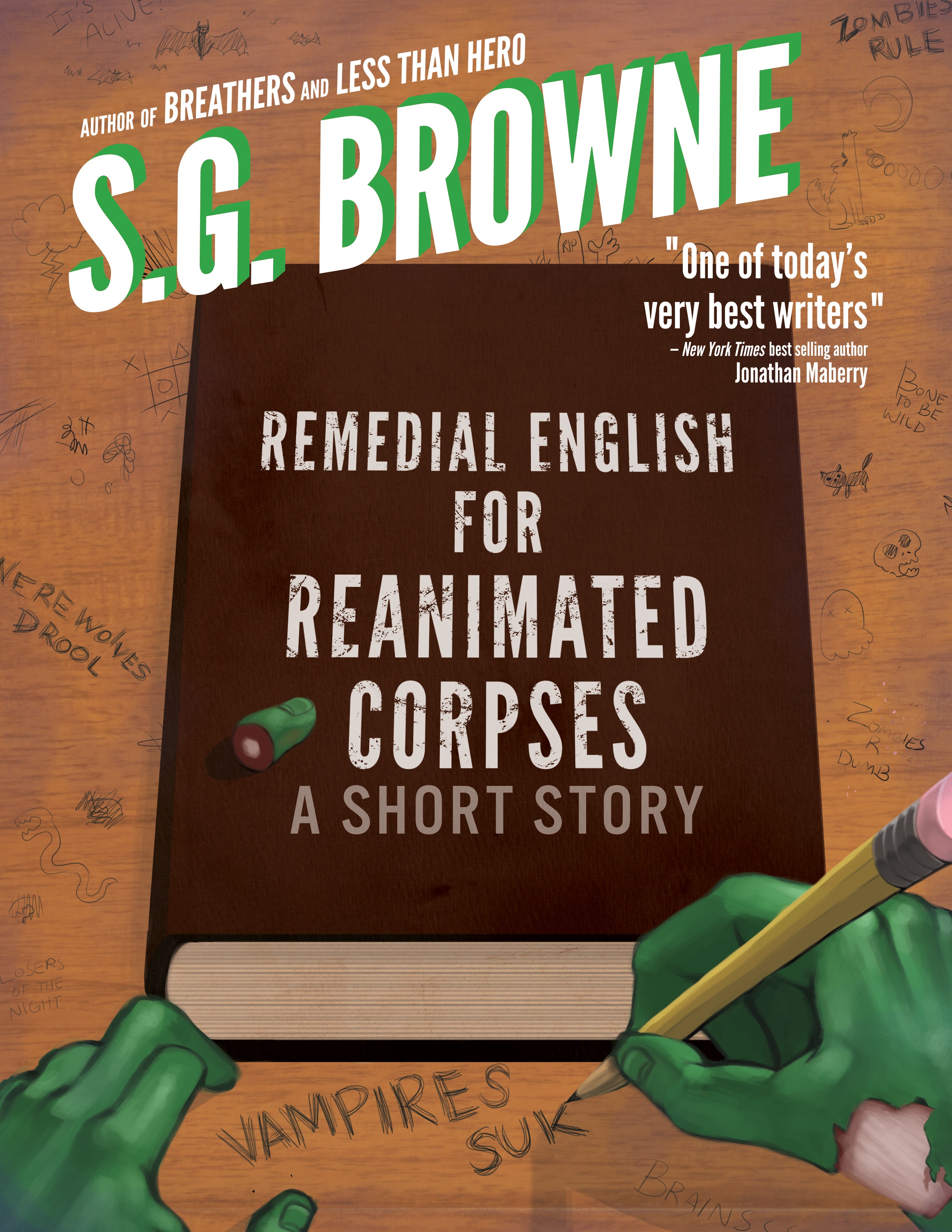
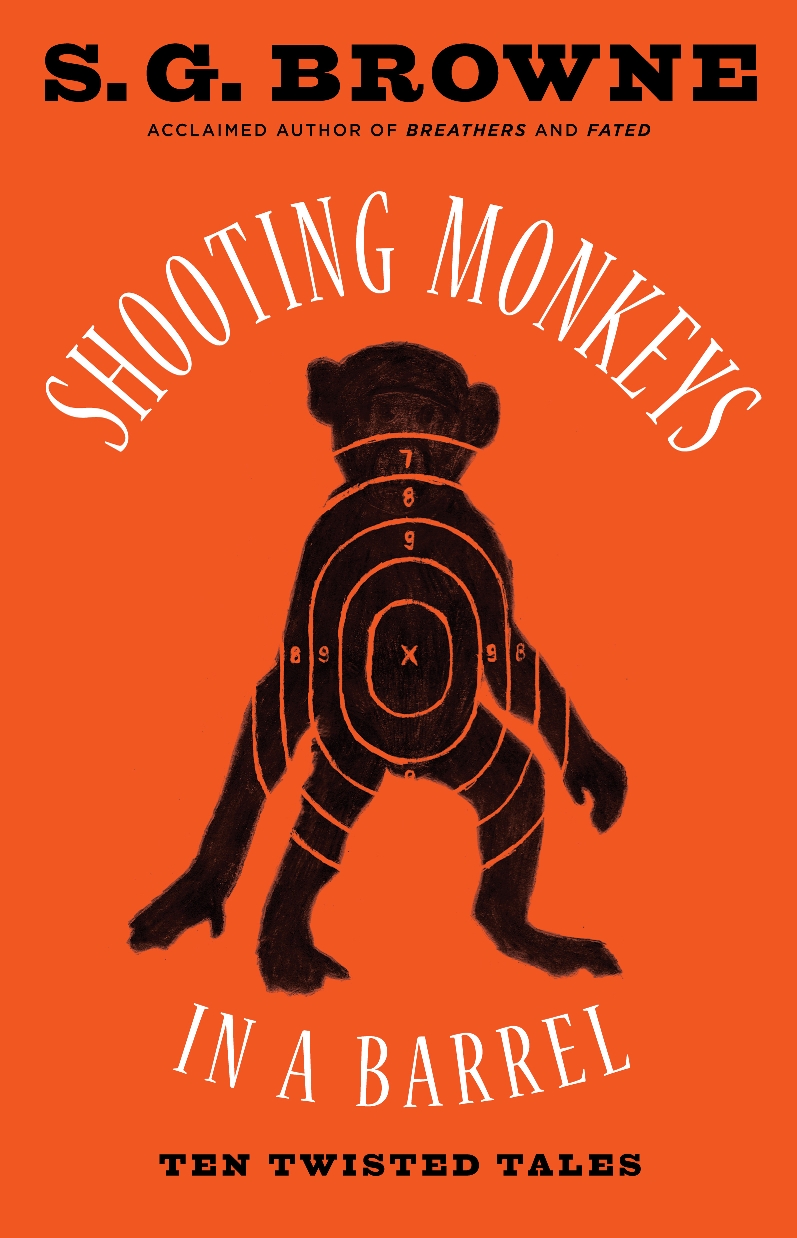
I always say (mostly about entrepreneurs), Do you know the difference between a person who wants to open a business and an entrepreneur? The entrepreneur is the one who does it.
That’s it. Their ideas aren’t necessarily better, their skill sets may not be as acute. . . They likely did some research and took the chance. Then they continued to work through the bumps, and unexpected peaks and valleys, and they might learn that they are really bad at customer service, but excellent at keeping the books straight — so they bring in some help. And, they do it every day. Even when they don’t want to.
Sure, your blinged out jeans might be better than the ones selling in the shop on the corner, but they’re not in the shop, so you can’t claim it as a successful business idea. Okay, your story might be better than that best-selling novel. But, it’s in your head. So it’s not. Writing a novel (even one that never gets published) still makes you a writer.
I love this concept of brain crack (I chose the PG version, even after your highly entertaining recommendation about the Ray Bradbury video). It seems appropriate (although a bit non sequitor at the beginning): http://www.youtube.com/watch?v=rDHb3vC9OmE
Comment by Susan Seaman — June 7, 2012 @ 9:07 am
Good post Scott. Inspirational. Thanks!
Comment by Dane Golden — June 7, 2012 @ 11:17 am
Thanks for sharing the Brain Crack video, Susan. I hadn’t seen any of The Show with Ze Frank in a while, so that was fun.
And Dane, thanks for the comment. Glad I could help.
Comment by admin — June 7, 2012 @ 2:29 pm
Great article, Scott. There is a ton of great advice here. Well done.
Comment by Timothy W. Long — June 8, 2012 @ 1:35 pm
Thanks, Mr. Long.
Comment by admin — June 8, 2012 @ 3:03 pm
*applauds*
Comment by Rhonda — June 15, 2012 @ 8:31 am